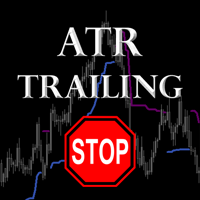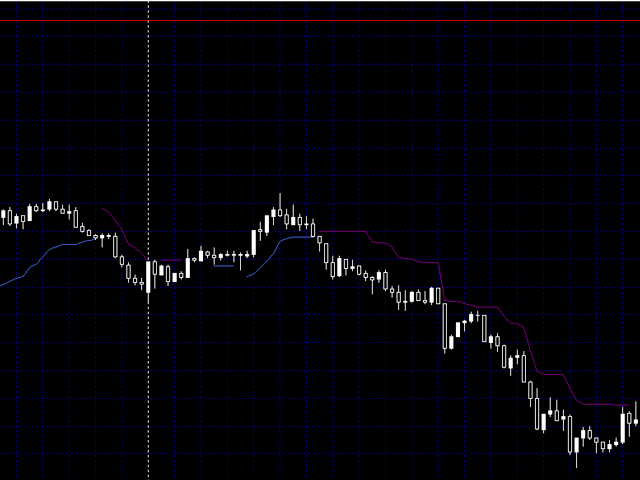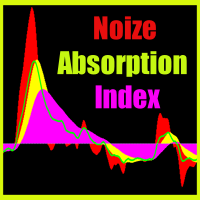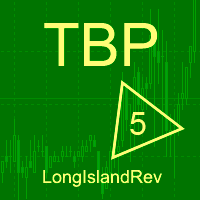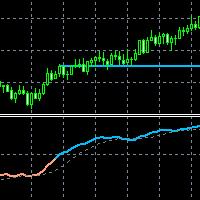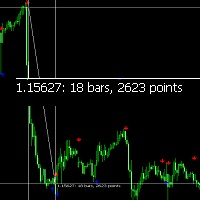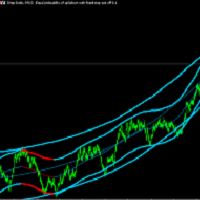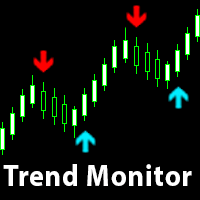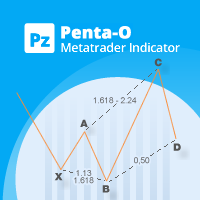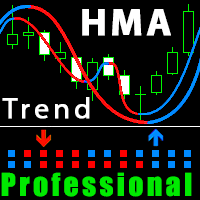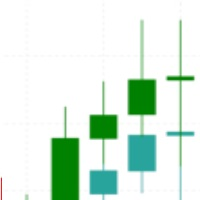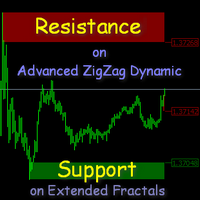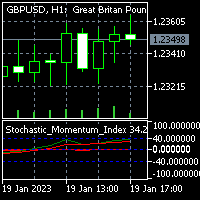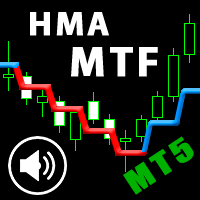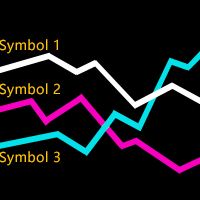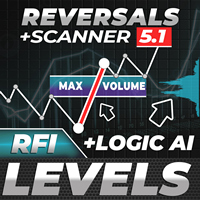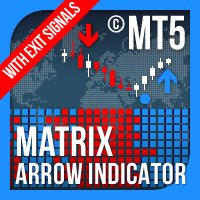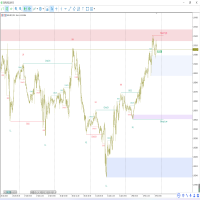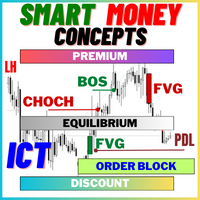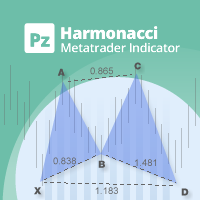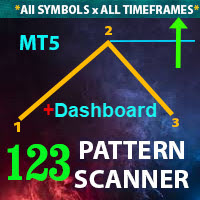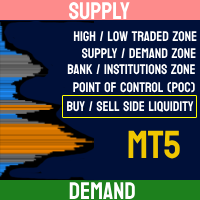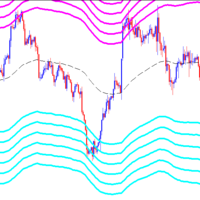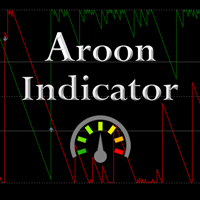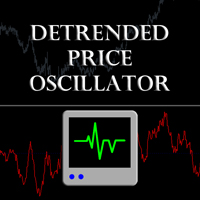ATR Trailing Stop SG
- Indicateurs
- Stuart Goodwin
- Version: 1.1
- Mise à jour: 30 janvier 2018
- Activations: 5
The ATR (Average True Range) Trailing Stop indicator gives a suggested trailing stop level for exiting trades.
Designed to help you stay in a position for as long as possible, without getting stopped out too early by intra-bar volatility. Based on average true ranges over the last few bars, plus current price action, the indicators gives a steadily increasing line below the current price for rising markets and a steadily decreasing line above the price for falling markets. These levels are the suggested trailing stop levels to use, so you would close out the position once the line is violated.
The indicator calculates the average of the true ranges (true high minus true low, ie inclusive of any gaps) over the last number of bars specified. Then the stop level is set at the highest true high for those bars minus multiplier x ATR for a rising trailing stop, or lowest true low plus multiplier x ATR for a falling trailing stop. The third parameter can then enforce a strictly increasing (decreasing) stop level.
Thus, in volatile markets, the ATR calculated is high, and so the stop will be set far enough away from current price to hopefully not be knocked out early, but for quieter markets, the stop is closer. The stop will follow the trend of the market since it's based of the highest high (lowest low) over the period.
The indicator is not generally used for trade entry, but it can be useful for setting trailing stops behind a position.
Indicator Parameters
- Number of Bars used for ATR Calculation - default is set to a generally accepted 21 bars lookback for the average trading range, though you may wish to experiment with shorter, for example 14 bars
- ATR Stop Multiplier - number of multiples of the ATR used for the stop, default of 3 is generally fine
- ensure no retreat of stop levels - this ensures the trailing stop lines are strictly increasing (decreasing). Default is set to true. Setting to false gives what is known as a Chandelier Stop, though some don't like a trailing stop indicator that retreats or redraws itself
